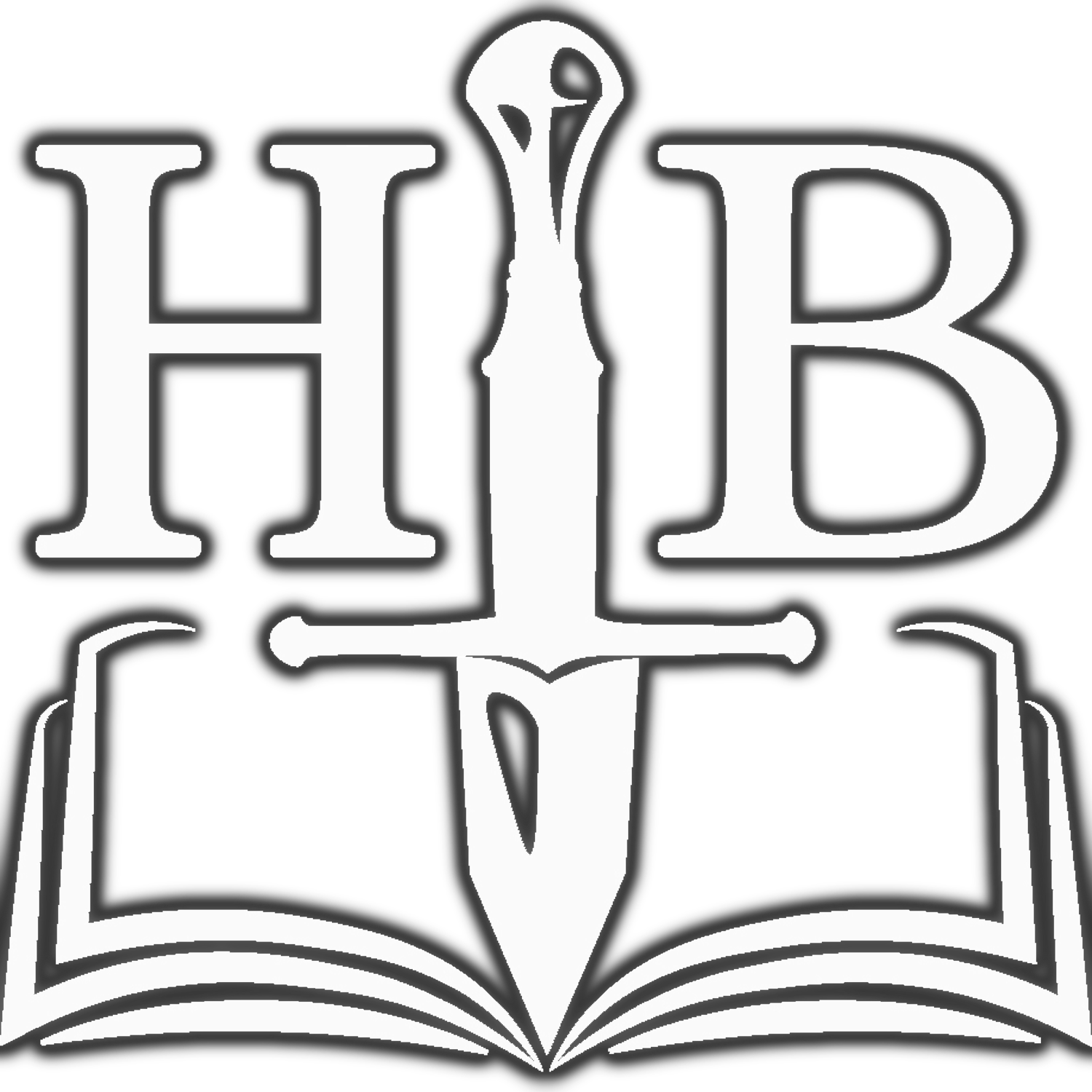 Image 1 of
Image 1 of


Bauman’s Fight Book: Augsburg University Library Cod. Ⅰ.6.4º 2 (Commentary)
This is a companion volume to the Bauman’s Fight Book facsimile. In its pages, you will find articles from some of the leading scholars in the field of historical European martial arts studies that highlight various aspects of the manuscript and the world it came from.
It begins with a detailed description of the manuscript and its history by Michael Chidester, followed by a transcription by Dierk Hagedorn and a full translation by Christian Henry Tobler and Jessica Finley.
In the discussion section, Finley and Tobler also introduce the contents of parts A and B in a paper that discusses the various teachings and explores relationships with the tradition of Johannes Liechtenauer. Bartłomiej Walczak discusses the dagger section and uses it as a lens through which to examine the origins and structure of the Augsburg tradition as a whole. Lucien Lee discusses the Messer fencing and proposes connections to other pre-Lecküchner texts. Elias Flatscher evaluates the wrestling teachings and compares them to modern wrestling traditions. Charles Lin and Marlene Hurst present a discussion of the historical context of the fighting teachings of parts A and B and some advice on training them in ways that reflect that context. Finally, Dierk Hagedorn shows connections between the illustrations in part C and Gladiatoria. An appendix contains an edition of another manuscript with similar artwork by Reinier van Noort and Oskar ter Mors.
This is a companion volume to the Bauman’s Fight Book facsimile. In its pages, you will find articles from some of the leading scholars in the field of historical European martial arts studies that highlight various aspects of the manuscript and the world it came from.
It begins with a detailed description of the manuscript and its history by Michael Chidester, followed by a transcription by Dierk Hagedorn and a full translation by Christian Henry Tobler and Jessica Finley.
In the discussion section, Finley and Tobler also introduce the contents of parts A and B in a paper that discusses the various teachings and explores relationships with the tradition of Johannes Liechtenauer. Bartłomiej Walczak discusses the dagger section and uses it as a lens through which to examine the origins and structure of the Augsburg tradition as a whole. Lucien Lee discusses the Messer fencing and proposes connections to other pre-Lecküchner texts. Elias Flatscher evaluates the wrestling teachings and compares them to modern wrestling traditions. Charles Lin and Marlene Hurst present a discussion of the historical context of the fighting teachings of parts A and B and some advice on training them in ways that reflect that context. Finally, Dierk Hagedorn shows connections between the illustrations in part C and Gladiatoria. An appendix contains an edition of another manuscript with similar artwork by Reinier van Noort and Oskar ter Mors.
This is a companion volume to the Bauman’s Fight Book facsimile. In its pages, you will find articles from some of the leading scholars in the field of historical European martial arts studies that highlight various aspects of the manuscript and the world it came from.
It begins with a detailed description of the manuscript and its history by Michael Chidester, followed by a transcription by Dierk Hagedorn and a full translation by Christian Henry Tobler and Jessica Finley.
In the discussion section, Finley and Tobler also introduce the contents of parts A and B in a paper that discusses the various teachings and explores relationships with the tradition of Johannes Liechtenauer. Bartłomiej Walczak discusses the dagger section and uses it as a lens through which to examine the origins and structure of the Augsburg tradition as a whole. Lucien Lee discusses the Messer fencing and proposes connections to other pre-Lecküchner texts. Elias Flatscher evaluates the wrestling teachings and compares them to modern wrestling traditions. Charles Lin and Marlene Hurst present a discussion of the historical context of the fighting teachings of parts A and B and some advice on training them in ways that reflect that context. Finally, Dierk Hagedorn shows connections between the illustrations in part C and Gladiatoria. An appendix contains an edition of another manuscript with similar artwork by Reinier van Noort and Oskar ter Mors.

